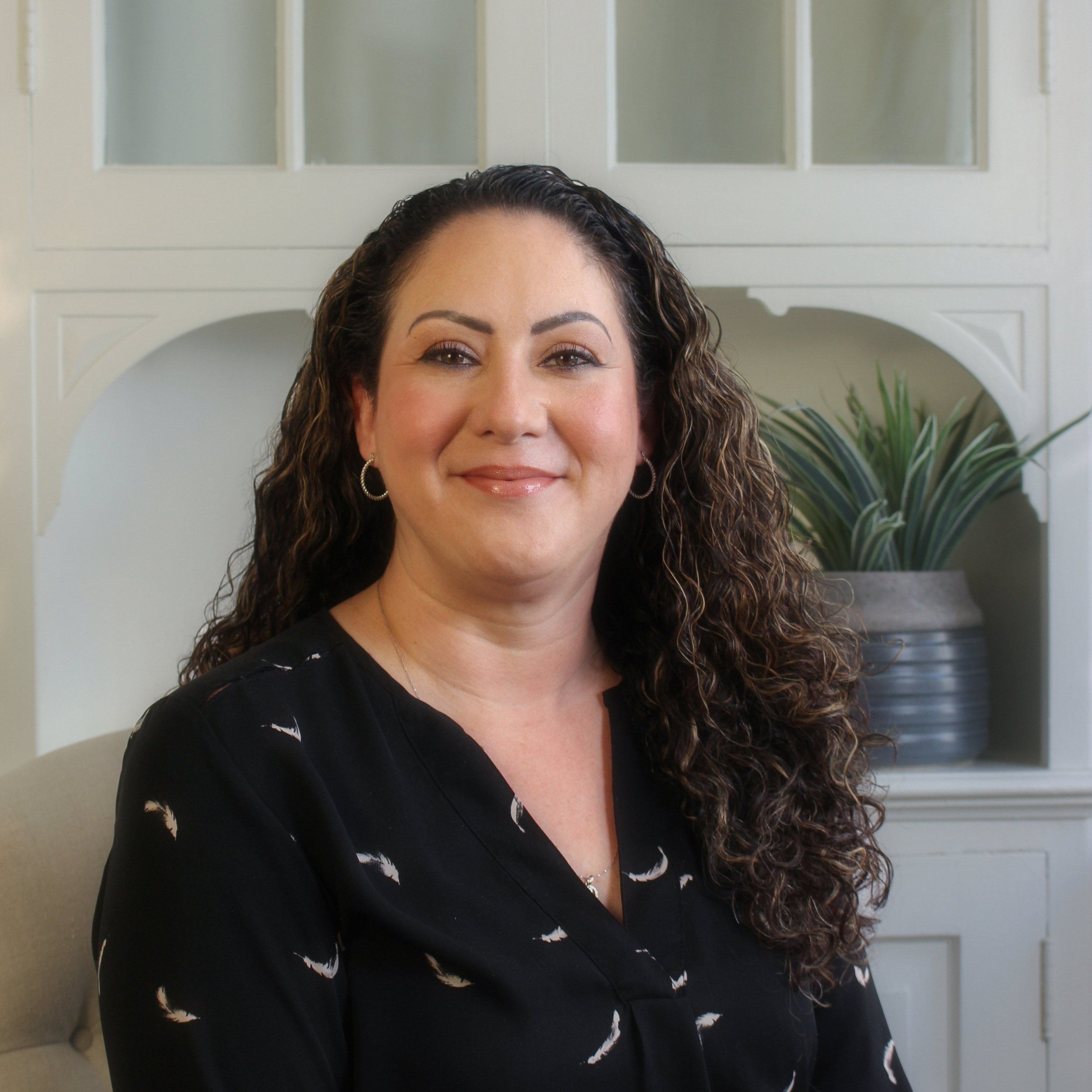
Dialectical Behaviour Therapy (DBT)
Dialectical Behaviour Therapy (DBT) is an approach to treatment that can help you effectively balance acceptance and change – learning to accept painful experiences and emotions, while at the same time working on ways to change. We offer DBT-informed treatment options that can help you develop new skills and achieve your personal goals.
DBT-Informed Treatment
It is important to note that we do not currently provide a comprehensive DBT program. We offer DBT-informed treatment options which include the following:
Individual DBT-informed therapy.
DBT skills groups for adults, teens, children and individuals with trauma.
Learning DBT skills outside a comprehensive program can be very beneficial for building strategies that will help you cope and deal more effectively with painful or overwhelming emotions, improve relationships, and reduce destructive or ineffective behaviours.
What is DBT?
Dialectical Behaviour Therapy (DBT) is a comprehensive form of talk therapy that combines Cognitive-Behavioural Therapy (CBT) with Zen Buddhism principles. It is a skills-based therapy that helps people balance acceptance with the natural changes that come with life.
DBT was originally developed in the 1970s to help reduce suicidal behaviour, self-harm and psychiatric hospitalizations in those with Borderline Personality Disorder (BPD). Since its development, DBT continues to be the gold standard of treatment for BPD, and has effectively been adapted for:
Anger
Borderline Personality Disorder (BPD)
Eating disorders
Emotional dysregulation
Impulsivity
Personality disorders
Self-harm and suicidal behaviour
Substance misuse
As such, Comprehensive DBT is widely recognized as an effective treatment for severe mental illnesses but because it is comprehensive, it means that it takes a lot of time and resources to be delivered fully. At the same time, not everyone requires comprehensive treatment, and instead can benefit greatly from DBT-informed therapy.
Comprehensive DBT vs. DBT-Informed Treatment
Comprehensive DBT incorporates all four modes of DBT treatment and is delivered weekly over the course of 6 months to 1 year. These treatment modes include:
Individual therapy to enhance motivation
Skills group therapy, where people learn skills in Mindfulness, Interpersonal Effectiveness, Emotional Regulation, and Distress Tolerance
Access to an individual therapist by phone for skills coaching
Therapists who participate in weekly case consultation
DBT-informed treatment integrates DBT skills into individual and/or group therapy, but does not adhere to all four modes of Comprehensive DBT. The main differences between Comprehensive DBT and DBT-informed treatment are in the delivery, length of time, and intensity of the treatment.
For example, DBT-informed treatment might look like:
Working with an individual therapist who includes some DBT skills in individual sessions but does not fully adhere to all the principles of DBT and is not part of a DBT consultation team.
Attending a 12-week skills group and receiving individual therapy from a clinician with some DBT training.
Knowing the differences between Comprehensive DBT & DBT-Informed Therapy can help you understand which treatment best meets your needs. One of our DBT-informed therapists can help you assess and understand your symptoms and work with you to find an approach that works best for you.
DBT-Informed Skills Groups
Our DBT-informed groups can help you learn skills to cope with overwhelming emotions, reduce impulsivity, enhance interpersonal relationships, and ultimately achieve your own personal goals. In our Emotion Regulation Skills Groups you will learn and develop skills in the following areas:
Mindfulness – become more aware of what is happening in the present moment, including thoughts, emotions, body sensations, and urges/impulses so that you stay in control.
Distress Tolerance – learn to tolerate painful or uncomfortable emotions, resist urges to act in unhelpful or ineffective ways, and reduce impulsive behaviours.
Emotion Regulation – change the way you respond to your emotions so that they don’t become overwhelming and/or cause you to make things worse.
Interpersonal Effectiveness – express yourself and ask for what you want and need from others in ways that help you maintain your relationships without compromising your self-respect.
We offer a variety of DBT-informed skills groups in the following areas:
Contact us to learn more about our DBT-informed groups and sign up today.
How do I know if DBT-informed treatment is right for me?
You can meet with one of our DBT-informed therapists to help you decide which level of treatment best fits your needs. The length and intensity of treatment will vary depending on the complexity and severity of issues being addressed.
If you decide that you need Comprehensive DBT (and not DBT-Informed therapy), we will support you in getting the help you need with appropriate referrals. If you decide that DBT-Informed Treatment is a good fit for you, our team is here to help!
Our DBT-Informed Therapists
Most of our therapists in Edmonton have received training in Dialectical Behaviour Therapy and can offer therapy based in this modality — learn more about our psychologists.
If you’d like to book an appointment or learn more about how DBT-informed treatment can help your mental health, please contact us today.
If you have questions about individual or group therapy, contact us. We’re happy to answer any questions you may have.
If you have any questions, please give us a call at (780) 860-7338.















